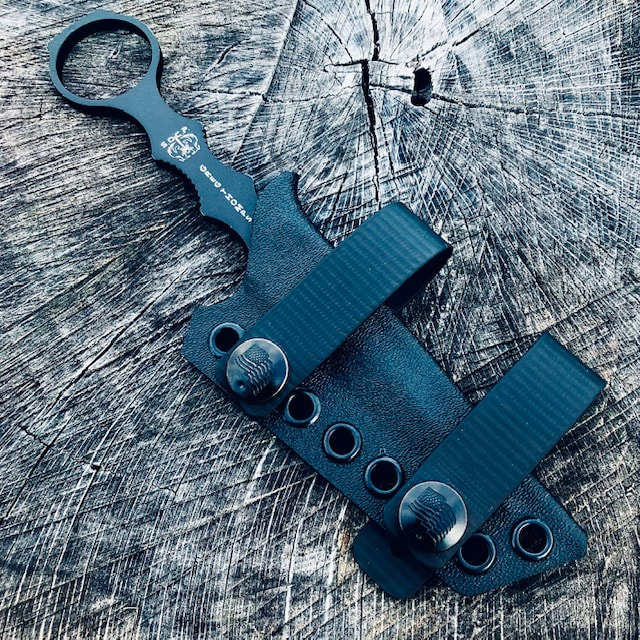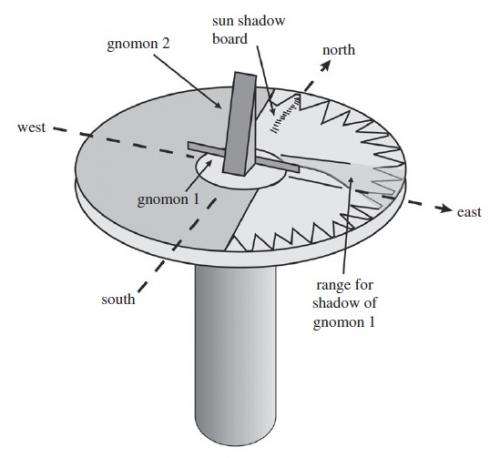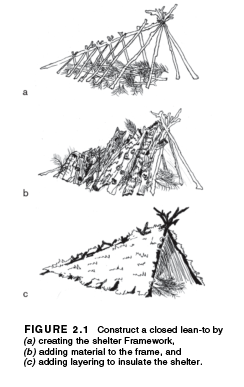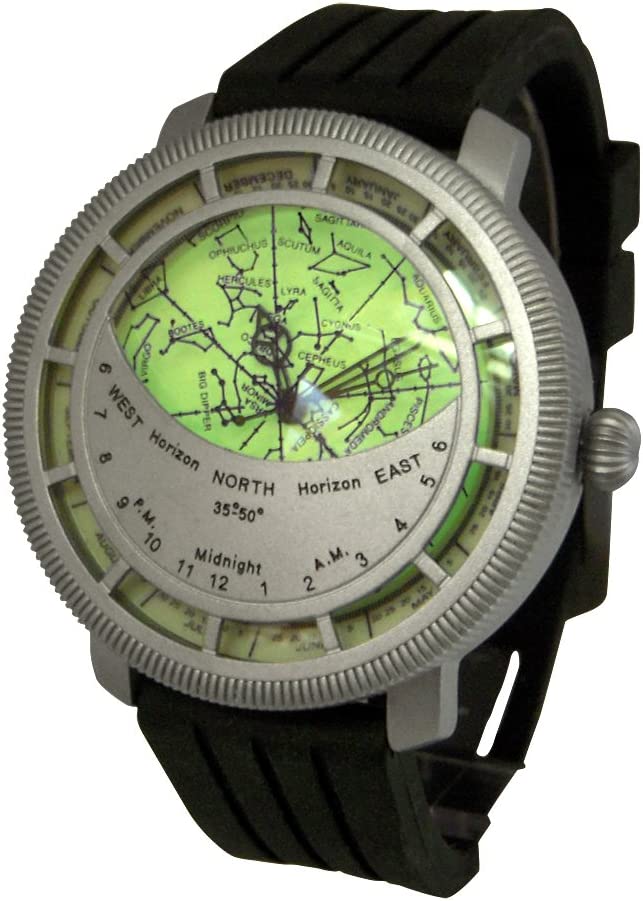"In his dreams Lehi finds himself wandering 'in a dark and dreary waste,' a 'dark and dreary wilderness,' where he must travel 'for the space of many hours in darkness,' lost and helpless (1 Nephi 8:4-8). Of all the images that haunt the early Arab poets this is by all odds the commonest; it is the standard nightmare of the Arab; and it is the supreme boast of every poet that he has traveled long distances through dark and dreary wastes all alone. Invariably darkness is given as the main source of terror (the heat and glare of the day, though nearly always mentioned, are given second place), and the culminating horror is almost always a 'mist of darkness,' a depressing mixture of dust, and clammy fog, which, added to the night, completes the confusion of any who wander in the waste. Quite contrary to what one would expect, these dank mists are described by travelers in all parts of Arabia, and al-Ajajj, one of the greatest of early desert poets, tells how a 'mist of darkness' makes it impossible for him to continue a journey to Damascus. In its nature and effect Lehi's 'mist of darkness' (1 Nephi 8:23) conforms to this strange phenomenon most exactly." (Lehi in the Desert and The World of the Jaredites, p. 47-8)."
Morning adoration.
The compass.
Push off the path and carve your own. Walk out and wide, one step at a time. In the hills notice the Yin and the Yang. Are there hills or mountainous terrain?
You get a good staff and lash the LMF2 to the wood creating your spear.
Your pack weighs forty pounds. You set the spear down and check your kit. The cache is located about half way. Everything is put away. It is time to go. You shoot an azimuth. In the distance you spot a significant feature among the point shot. You put the compass down and bring your arms up to begin wide angle vision. Splatter vision as it is sometimes called.
I've told you already that to be inaccessible does not mean to hide or to be secretive. It doesn't mean that you cannot deal with people either. A hunter uses his world sparingly and with tenderness regardless of whether the world might be things, or plants, or animals, or people, or power. A hunter deals intimately with his world and yet he is inaccessible to that same world. He is inaccessible because he's not squeezing his world out of shape. He taps it lightly, stays for as long as he needs to, and then swiftly moves away leaving hardly a mark."
Your hands reach to your chest and pulls up the pace counter beads.
You have no firearm nor ammunition. This descends into a primal mode of thought. You reach back at the bottom of your spine to make sure your secondary knife was secure. There are three blades carried by the Order. They are of various designs and choosing. Several reasons may be given. A blood letting device is needed for offerings of devotion. This could even be a scalpel. The premonition to facilitate the use of several knives comes from the Sikhs and Sayoc Kali.
• A kirpan resembles a knife or sword. There is no prescribed length or sharpness for a kirpan in Sikhism; they are determined by the individual religious convictions of the wearer. Kirpans are typically sheathed and worn with a gatra (a strap) underneath clothing.
In Sayoc Kali, multiple blades are used to train. The Kukri knife has significant multipurpose attributes. It killed Dracula. A dagger is useful for a single purpose but executes this function with excellence.
He asked me to compare my feelings at that moment with what I had felt while lying on the other spot. For the first time it occurred to me that I could not possibly explain my apprehension of the preceding night. He urged me in a kind of challenging way to sit on the other spot. For some inexplicable reason I was actually afraid of the other place, and did not sit on it. He asserted that only a fool could fail to see the difference.
I asked him if each of the two spots had a special name. He said that the good one was called the sitio and the bad one the enemy; he said these two places were the key to a man's well being, especially for a man who pursuing knowledge. The sheer act of sitting on one's spot created superior strength; on the other hand, the enemy weakened a man and could even cause his death. He said I had replenished my energy, which I had spent lavishly the night before, by taking a nap on my spot.
you start to set up camp. Hellcat ALICE ruck. It was that or the Camelbak.
Bhargo devasya dhimahi
Dhiyo yo na pratyodayat.
(translation: "May we attain that excellent glory of Savitar the god:
So may he stimulate our prayers."
O triple form of darkness! Sombre Splendour!
Thou Moon unseen of men! Thou Huntress dread!
Thou crowned demoness of the crownless dead!
O breasts of blood, too bitter and too tender!
Unseen of gentle spring, Let me the offering
Bring to Thy shrine's sepulchral glittering!
I slay the swart beats! I bestow the bloom
Sown in the dusk, and gathered in the gloom
Under the waning Moon,
At midnight hardly lighting the East;
And the black lamb from the black ewe's dead womb
I bring and stir the slow infernal tune
Fit for Thy chosen priest.
Here where the band of Ocean breaks the road
Black-trodden, deeply-stooped, to the abyss,
I shall salute Thee with the nameless-kiss
Pronounced toward the uttermost abode
Of Thy supreme desire. I shall illume the fire
Whence Thy wild stryges shall obey the lyre,
Whence Thy Lemurs shall gather and spring round,
Girdling me in the sad funeral ground
With faces turned back,
My face averted! I shall consummate
The awful act of worship, O renowned,
Fear upon Earth, fear in hell, and black
Fear in the sky beyond fate!
I hear the whining of the wolves!
I hear the howling of the wolves about Thy Form,
Who comest in the terror of Thy storm,
And night falls faster,
Eere Thine eyes appear
Glittering through the mist.
O face of Woman unkissed
Save by the dead whose love is taken ere Thy wist!
Thee, Thee I call! O dire One! O Divine!
I, the sole mortal, seek Thy deadly shrine,
Pour the dark stream of blood,
A sleepy and reluctant river.
Even as Thou drawest, with Thy eyes on mine,
To me across the sense-bewildering flood
That holds my soul forever!
The Aboriginals have a ceremony called the "walkabout". It can take up to 6 months and is generally used as a rite of passage for boys. They travel up to a 1,000 miles solo living off the land without a compass. You date your journal and note the ritual and events for the day. Distance traveled. Then you take out your map. You have another two days left. You plot everything and make adjustments to your course for the next day. Then you will be in camp.
You look at your photographs and feel connectivity. You even consider writing letters to them. The dead one's are read by the fire when cast into flames. You do not long for them or home.
The conditions of a solitary bird are five: The first, that it flies to the highest point; The Second, that it does not suffer for company, not even of its own kind; The Third, that it aims its beak to the skies; The Fourth, that it does not have a definite color; The Fifth, that it sings very softly.
It is a vow you took years ago. You say your solar adoration before sleep and crawl into your bivy sack. You will wake at dawn and repeat the day. One day and a wake up as it was once said.


























No comments:
Post a Comment